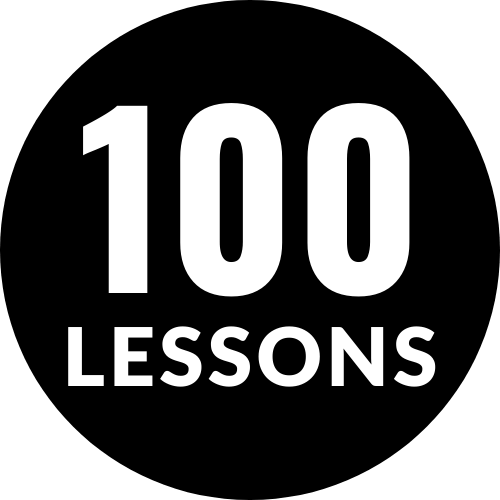Exploring the biggest shift between 1994 and 2024—and what it means for how we live
Question: What is the biggest difference between 1994 and 2024?
In 1994, the future was something you imagined. In 2024, the future is something you scroll through.
Back then, life had pauses. You waited for your favorite song to come on the radio, for your photos to develop, for your friend to pick up the landline. You had time to sit with your thoughts, to grow bored, to wonder. The pace of life was measured in hours, maybe days. Curiosity was a spark that sent you to the library. Privacy wasn’t a luxury—it was the default.
Now in 2024, we live in a world that doesn’t pause. We are the most connected generation in history, and paradoxically, often the loneliest. We can order dinner, start a business, find a soulmate (or at least a date), learn a language, or become a minor celebrity without ever leaving our rooms. Knowledge is no longer power—it’s noise. And the real skill is learning what to filter out.
The biggest difference between then and now isn’t just technology, though that’s the easy answer. It’s the texture of human experience that has changed.
In 1994, we had monoculture—people talked about the same shows, read the same newspapers, gathered around the same moments. There was a common thread that stitched us together, even if loosely. In 2024, we live in curated bubbles, each algorithm tailored to confirm our beliefs, fuel our desires, and keep us watching just a little longer. That sense of shared reality has splintered.
Back then, time felt slower. A day was lived in full. Now, it’s easy to lose a week in dopamine loops—scroll, swipe, repeat. We’re more productive, but often less fulfilled. More entertained, but less inspired. We know more people but fewer deeply.
And while there are gains—tremendous gains—in medicine, equality, global communication, and opportunity, the undercurrent many feel today is not excitement but exhaustion.
Still, the most powerful constant between 1994 and 2024 is this: hope adapts. Every generation faces its wave, and every one finds a way to surf it or rebuild from its crash. What matters isn’t that things are faster, louder, or more connected—it’s what we do with that connection. It’s not just the tech we’ve invented, but the humanity we choose to preserve through it.
So the real question isn’t what’s changed between 1994 and 2024.
It’s this: Who are you becoming with the tools you now hold in your hands?

Leave a Reply